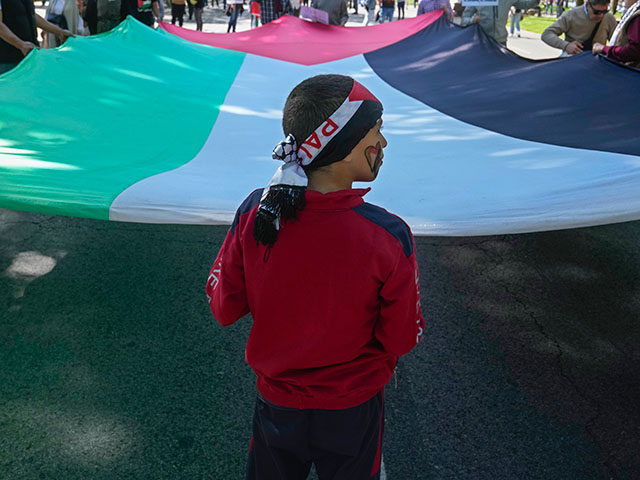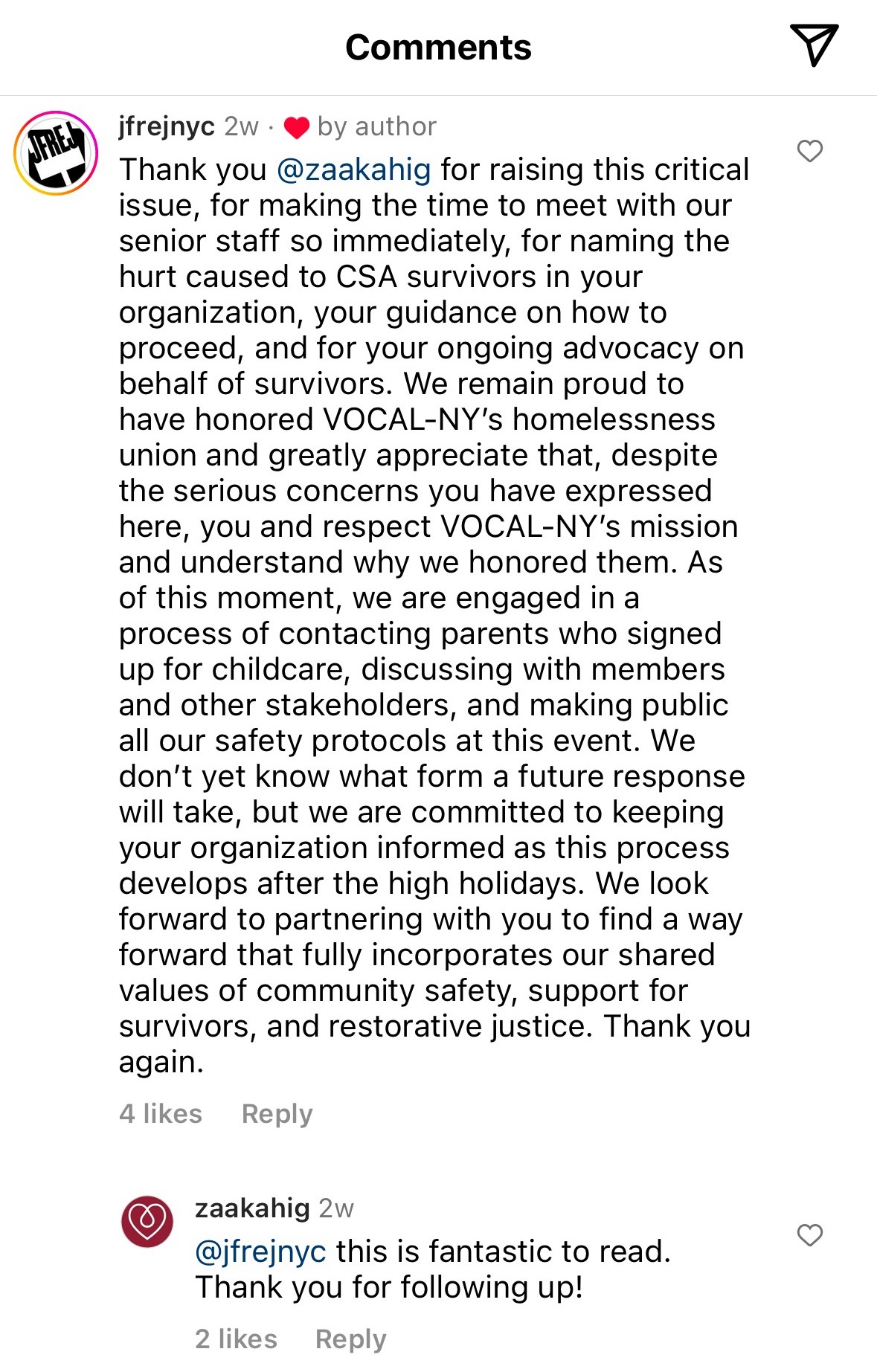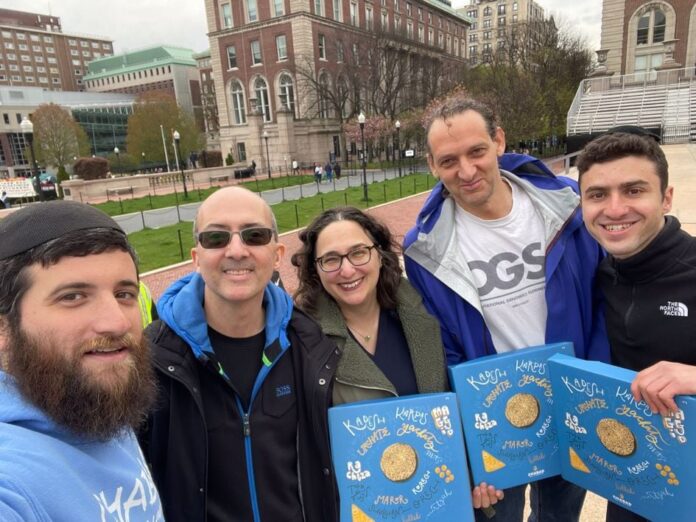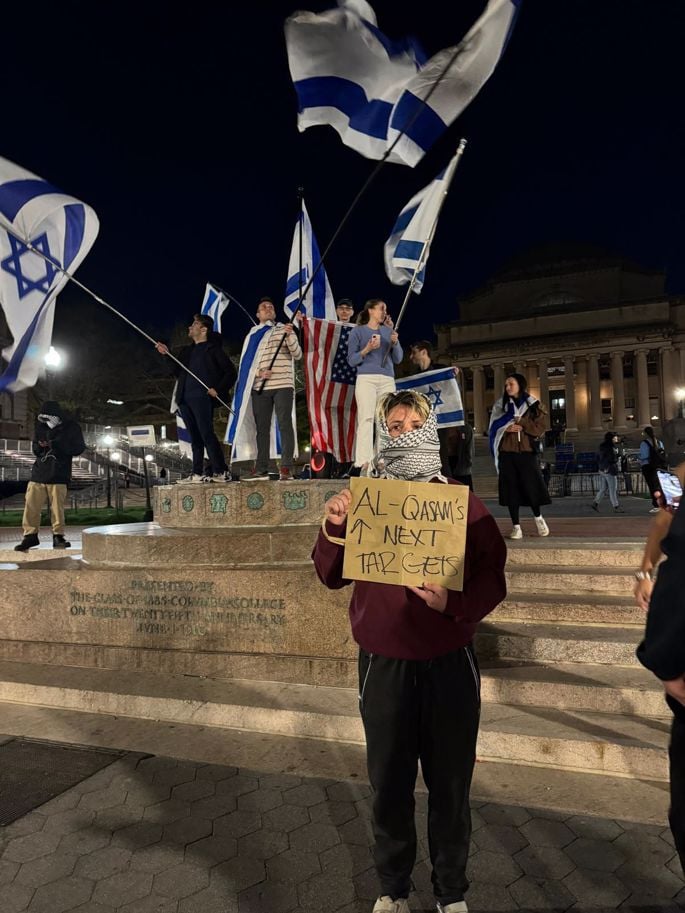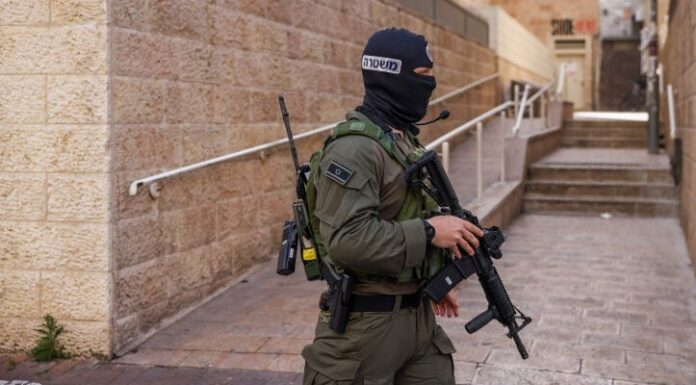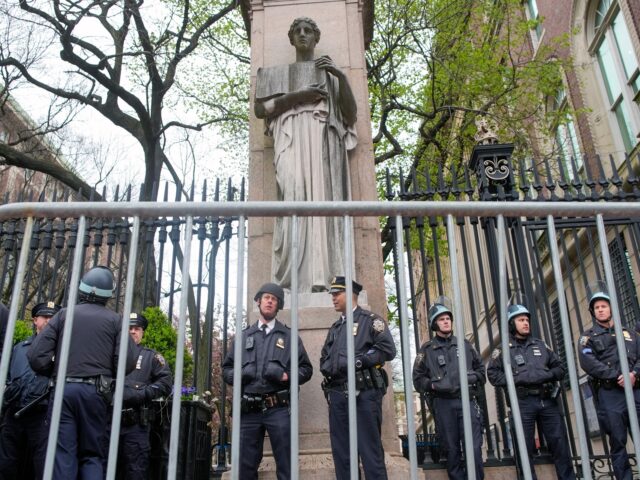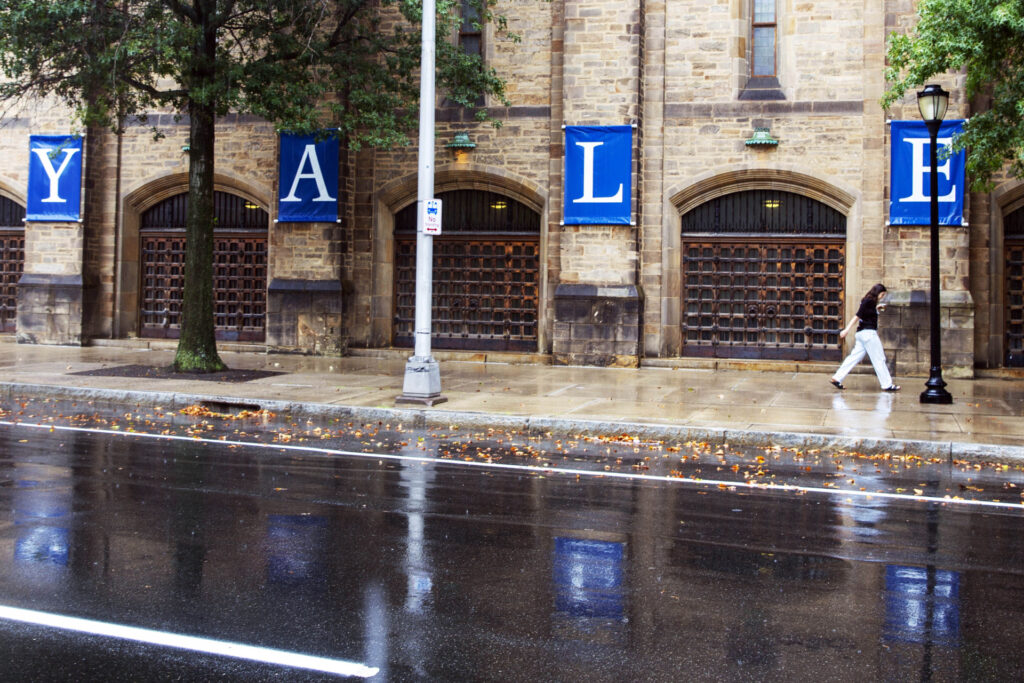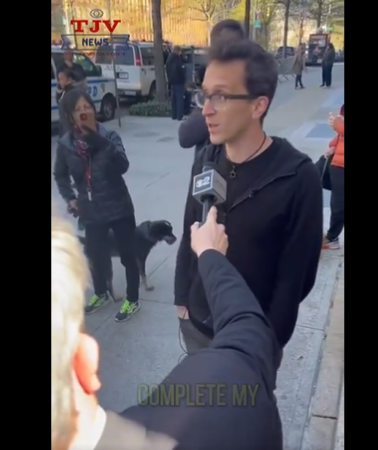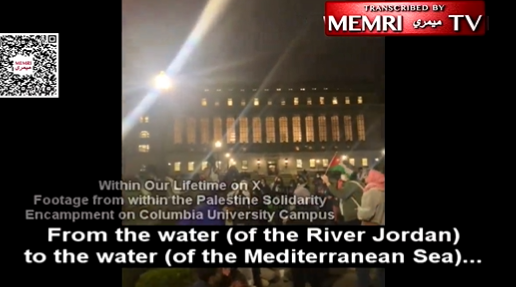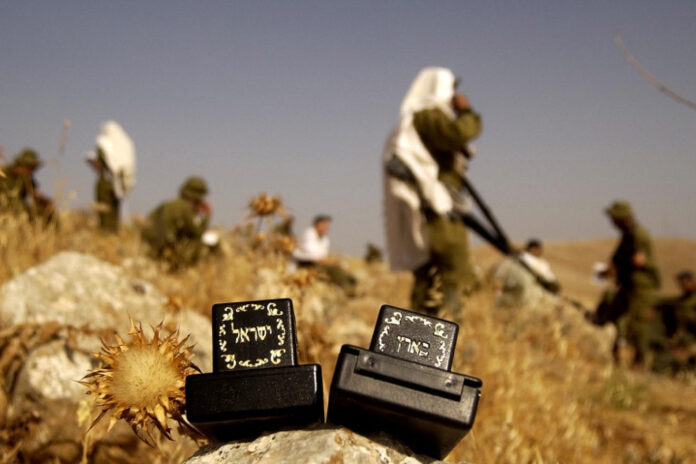From the mid-20th century to the year 2000, American Jews experienced what could be described as a golden era. This period was marked by significant integration and acceptance within broader American society, alongside a flourishing of Jewish cultural and religious life. However, as we moved into the new millennium, this golden era has starkly dimmed, giving way to a disturbing escalation in anti-Semitism, which has not been adequately countered by those positioned to do so.
For over a quarter-century, voices such as those from the Jewish Voice newspaper and various prominent commentators, both from within the United States and Israel, have sounded alarms about the burgeoning storm of anti-Semitism. These warnings have particularly highlighted the Boycott, Divestment, Sanctions (BDS) movement, stressing its primary threat to American Jewry rather than solely to Israel. Unfortunately, these prescient warnings were largely ignored or even shunned by the mainstream Jewish American organizations.

The lack of support for these early warnings by significant entities such as the United Jewish Appeal (UJA-Federation of New York), the Jewish National Fund (JNF), the American Jewish Committee, the American Jewish Congress, the Orthodox Union (OU), and notably, the Anti-Defamation League (ADL), represents a troubling oversight. These organizations, designed to foster and protect Jewish life and culture, failed to respond effectively when signs of escalating hatred began to surface. Their silence and inaction have contributed to the current precarious situation facing American Jews.
The role of political bias in addressing or ignoring anti-Semitism cannot be overstated. The ADL, under the leadership of Jonathan Greenblatt, has been vocal in condemning right-wing anti-Semitism, often spotlighted on various cable news channels. However, there has been a conspicuous lack of equivalent condemnation for anti-Semitism emanating from the radical left. This selective denunciation has not only skewed the public’s understanding of the sources and nature of anti-Semitism but has also hindered effective countermeasures against all forms of hate, regardless of their origin.
The challenge before us is not merely to combat anti-Semitism but to do so in a manner that recognizes and quashes this hatred wherever it exists, be it on the political right or left. American Jewish organizations must adopt a more balanced approach, acknowledging that the threat of anti-Semitism is not monopolized by any single political ideology. They must support and amplify voices within the community that have long warned of these dangers, regardless of their political affiliations or perspectives.
The Jewish Voice, a newspaper with a clear mission to highlight the perils of rising anti-Israel sentiment and its implications for Jews globally, stands as a prime example of a critical voice that has been largely marginalized.
For years, The Jewish Voice has taken the lead in exposing the complexities and dangers associated with the peace process in the Middle East, especially the nuances of the “two-state solution.” The publication has argued vehemently that this solution, far from being a pathway to peace, serves as a vehicle for further demonization and ostracism of pro-Israel Jews. This narrative challenges the more conventional dialogues embraced by mainstream Jewish organizations and has led to the newspaper being labeled as extremist.
The repercussions of this oversight are palpable within elite institutions of higher learning—universities such as Columbia, Harvard, Rutgers, UPenn, and MIT—where anti-Semitism has not only found a foothold but has also been allowed to flourish, often unchecked. The normalization of anti-Semitic rhetoric, cloaked in criticism of Israel, has reached mainstream culture, pointing to a significant societal shift that Jewish organizations should have been prepared to address.

The scenario illustrates a critical need for a strategic realignment within American Jewish leadership. The demonization of messengers such as The Jewish Voice, which have anticipated and articulated the rising threats, should be reassessed. Acknowledging and integrating these cautionary voices could strengthen the community’s overall strategy against all forms of anti-Semitism.
It should also be noted that The Jewish Voice has been at the forefront, sounding an early warning about these rising dangers, which have now burgeoned into a broader, more alarming societal issue. This publication has bravely highlighted the stark realities of Jew-hatred, a sentiment that has insidiously woven itself into the fabric of the so-called woke, progressive, radical left wing movements that claim to champion social justice.
The discourse propagated by these movements often portrays Israel as a “colonialist, settler” state—a narrative that dangerously simplifies complex historical and geopolitical realities. By casting Israel in such a light and equating Zionism with racism, these ideologies not only skew public perception but also foster a hostile environment ripe for anti-Semitic sentiments to flourish. This narrative dangerously mirrors the propaganda mechanisms that historically have led to racial and ethnic persecutions, echoing the darkest chapters of human history.
The calls for a Marxist revolution, celebrated by some under the banners of anti-capitalism, freedom, and democracy, have increasingly become intertwined with anti-Semitic rhetoric. In this volatile mix, Israel—and by extension, the Jewish people—are painted as embodiments of world evils, responsible for societal inequalities and injustices. This scapegoating of the Jews as the world’s malefactors is not a new phenomenon but one deeply rooted in history’s most tragic events, including the Holocaust.
This is a critical moment for all factions within the American Jewish community and beyond to unify and address the root causes and manifestations of modern anti-Semitism. It is not enough to condemn hatred in all its forms. The community must actively engage in educating, advocating, and pushing back against the narratives that seek to undermine the Jewish people and the nation of Israel. Silence and inaction will only embolden those who wish to do us harm.
It is profoundly concerning that amid this ominous threat, prominent American Jewish organizations have largely remained on the sidelines. Instead of rallying support or offering solidarity to those media outlets such as The Jewish Voice that dare to expose these uncomfortable truths, these bodies have distanced themselves, even going so far as to alienate and stigmatize this publication as a pariah. This reluctance to confront the harsh realities presented by The Jewish Voice reflects a broader issue within these organizations—a hesitancy to challenge the growing anti-Semitism embedded within certain political ideologies, for fear of disrupting allied networks or broader social agendas.
As we stand at this crossroads, it is imperative that we heed the clarion call issued by The Jewish Voice. We must rally as a community, reclaim our narrative, and ensure that our efforts to combat anti-Semitism are inclusive, vigorous, and unyielding. Let us not be the generation that stands by as the shadows of the past gather force. Instead, let us be the bearers of light, truth, and justice in a world that desperately needs clarity and purpose. To do any less would be to forsake our legacy, our future, and the moral foundations upon which we stand.

As we reflect on the trajectory of Jewish life in America from its mid-century zenith to the challenges it faces today, it is clear that a recalibration of strategy and support is desperately needed. American Jewish organizations must rise to this occasion by fostering a vigilant, unbiased, and inclusive approach to combating anti-Semitism. This will ensure the safety and vitality of the Jewish community in America, honoring the legacy of past generations while securing a vibrant future for those to come. Failure to do so is not just an oversight—it is a disservice to the very principles upon which these organizations were founded.










